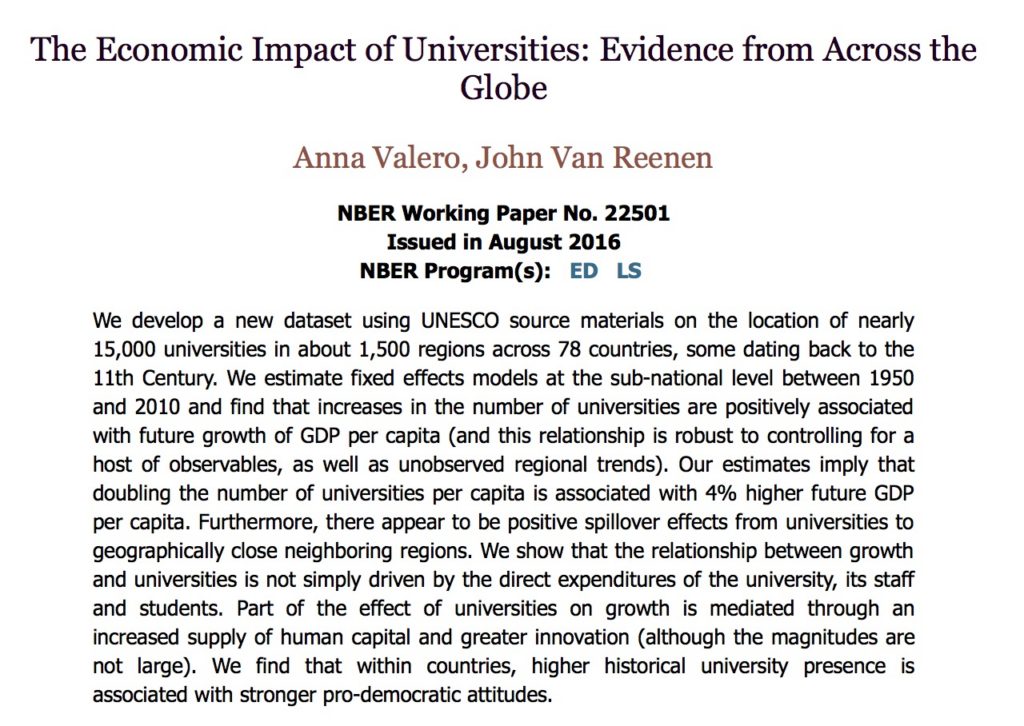If, like me, you consult Nate Silver’s prediction page (which is updated every two hours) then you may have relaxed a bit. I’ve just looked at it and it’s currently showing a 78.4% to 21.6% margin for Clinton in its ‘polls+forecast’ estimate, and a 89.5% to 10.5% margin if the election were held today. So the prospects for a Trump win look dim.
But something happened yesterday that might change things. Trump appointed a guy called Steve Bannon, the brains behind Breibart News, as his new campaign chief. The mainstream media are largely unimpressed by this move – just another right-wing nutter hooking up with Trump. (Roger Ailes, ex Fox News, is also aboard, apparently.)
I’m not so sanguine. Bannon may be very right-wing, but he’s not a nutter. See this long 2015 Bloomberg profile for a good impression of how he operates. Most importantly, he probably knows more about the strange finances of the Clinton Foundation than any man living. My hunch is that Hillary is in for a rougher ride than most people expected. Stay tuned.
LATER Interesting New Yorker piece by John Cassidy touting a conspiracy theory that I hadn’t heard before. The gist of it is that Trump knows that he’s bound to lose, and that that’s of little concern to him, because what he’s after is the creation of a new media empire focussed on the segment of the population that he’s identified as being under-served by mainstream media — even Fox News.
Here’s the relevant extract:
The appointment of Bannon isn’t merely another affront to establishment Republicans, such as Paul Ryan, whom Breitbart News has lately been targeting. It is an acknowledgment by Trump that he no longer has any interest in modifying his strategy to appeal to college-educated voters in places like the suburbs of Philadelphia and Milwaukee, where he is running miles behind where Mitt Romney was in 2012. Instead, he has decided to retreat to his base, which is a surefire recipe for political failure. But not necessarily business failure.
Back in June, Vanity Fair’s Sarah Ellison reported that Trump was “considering creating his own media business, built on the audience that has supported him thus far in his bid to become the next president of the United States.” A person briefed on Trump’s thinking told Ellison that it went like this: “Win or lose, we are onto something here. We’ve triggered a base of the population that hasn’t had a voice in a long time.” One of Ellison’s sources also reported that Trump resents the fact that he has helped raise the ratings of certain news organizations, such as CNN, without getting a cut of the additional revenues. Trump has “gotten the bug,” the source said, “so now he wants to figure out if he can monetize it.”
Bannon, a former investment banker who took over Breitbart News in 2012, after the sudden death of its eponymous founder, also has large ambitions, and they involve taking on the mighty Fox News…
Interesting, eh?

